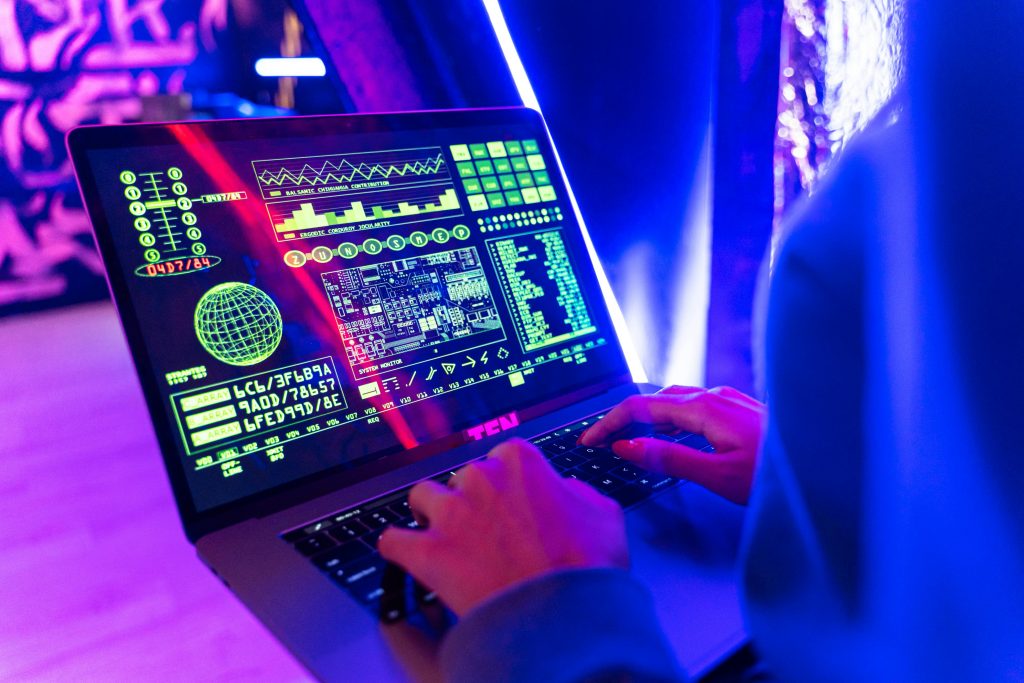This guide will help you troubleshoot the BSOD error Kmode_Exception_Not_Handled in Windows 10. The guide can also be used with earlier versions of Windows.
Kmode_Exception_Not_Handled is typically a recurring error
The ‘kmode_exception_not_handled’ represents an error that can be provoked by various things. It might occur because of a program you installed on your PC, or a bad driver. This issue can also appear in different ways. The most likely way such an error presents itself is by causing a Blue Screen of Death and making your PC reboot every single time it occurs. Until the underlying issue is resolved “Kmode_Exception_Not_Handled” is bound to appear again and again.
Kmode_Exception_Not_Handled Fix
The Guide
Method #1: Installing missing or corrupt drivers
This particular error could be caused by corrupted or missing drivers, so we advise you to install all the ones that are missing. For that purpose you need to load Safe mode in case you cannot access your Windows OS (which is often the case). This can be done if you wait until your PC reboots several times. Then you should see Windows Recovery Environment. Push F5 to load Safe Mode with Networking. As soon as you have entered Safe Mode, stick to the following steps in order to install the missing drivers:
*Press and hold Windows Key + X. Then select Device Manager from the menu.
When it loads, look for any unrecognizable devices. After that you should right-click all of them and apply Update Driver Software.
Once all the missing drivers have been installed, your issue should be resolved. To check whether this solution has worked, terminate Safe Mode and see if the error message still pops up.
Method #2 – Removing your anti-malware program may help
Some versions of anti-malware software might also cause this error. If this is the case, the program provoking the issue should be removed and you should install a new piece of anti-virus software that will not result in this issue. For that purpose, access your Control Panel, then go to the Programs section, find the program that needs to be uninstalled and follow the instruction in the wizard.
Method #3 – Giving a new name to the problematic file may solve the problem
Often, when the notification for this error appears, you will also be shown the particular file name that has resulted in the issue. Some users claim that altering the name of the problematic file could get the problem solved.
Please remember that altering the names of such a file is NOT always the greatest solution, because it might cause system instability. Ensure that no system file’s name gets changed.
Method #4 – Tone down overclocking or increase voltage
A CPU operating on stock frequency will rarely cause problems, but if you’ve done overclocking or purchased a second-hand PC configuration this might be the issue. Try removing the overclock or increasing the voltage in order to resolve the “Kmode_Exception_Not_Handled” BSOD.
Method #5 – Your RAM may be causing the error and you need to check it
At times, faulty RAM module might result in such an error. To check whether this is your case, follow the instructions below:
Press and hold the Windows Key + R key combination. Then write mdsched.exe in the dialog. Choose OK.
There you will see a Windows Memory Diagnostic window coming up. Go with one of the two presented options and follow the onscreen steps.
If any error occurs try removing and switching the places of your RAM memory sticks. This will help narrow down the faulty memory module.
Method #6 – Your network drivers may need to be updated
Often, such an error may be connected to your network adapter. Our recommendation in such a case is to update your network adapter drivers. For that purpose you simply need to go to the network adapter manufacturer’s web page and get the newest drivers for your network adapter.
Method #7 – Your BIOS might need an upgrade
Rarely is the ‘kmode_exception_not_handled’ error provoked by an old BIOS version. However, it happens. To upgrade your BIOS, you should directly go to your motherboard manufacturer’s site and download the newest BIOS for your particular motherboard. Then you just have to closely stick to the instructions included in your motherboard manual. This way you will be able to properly update your BIOS.
Still, you need to remember that performing this advanced operation wrongly way may entirely damage your computer.
